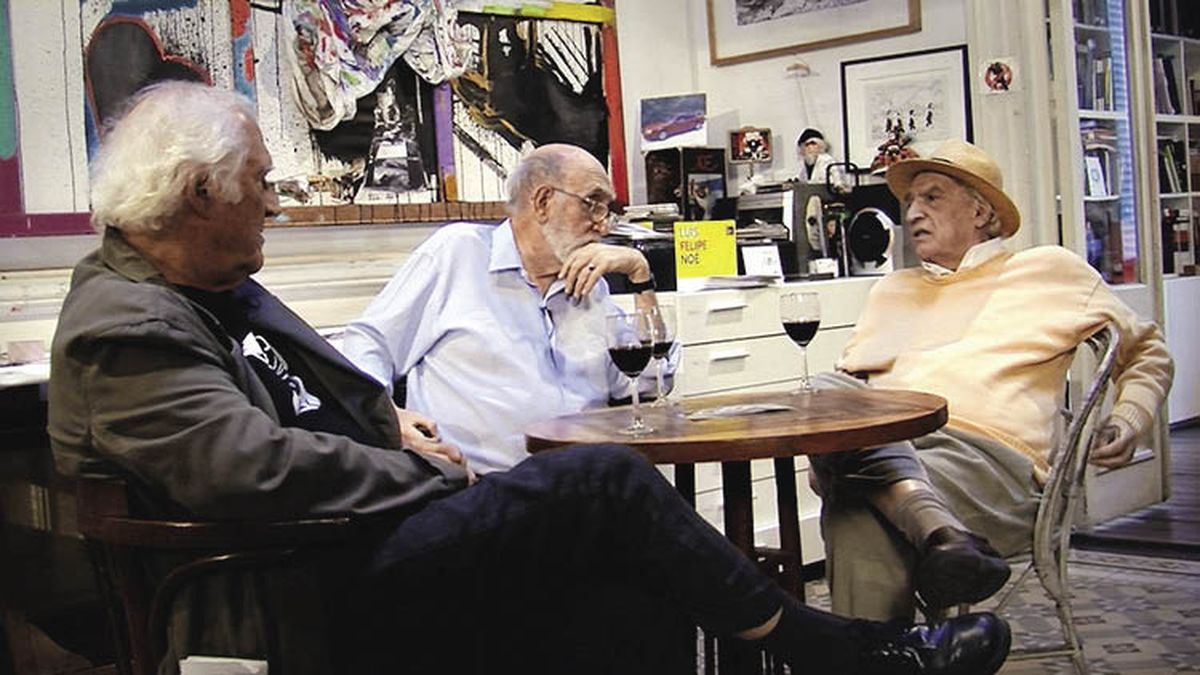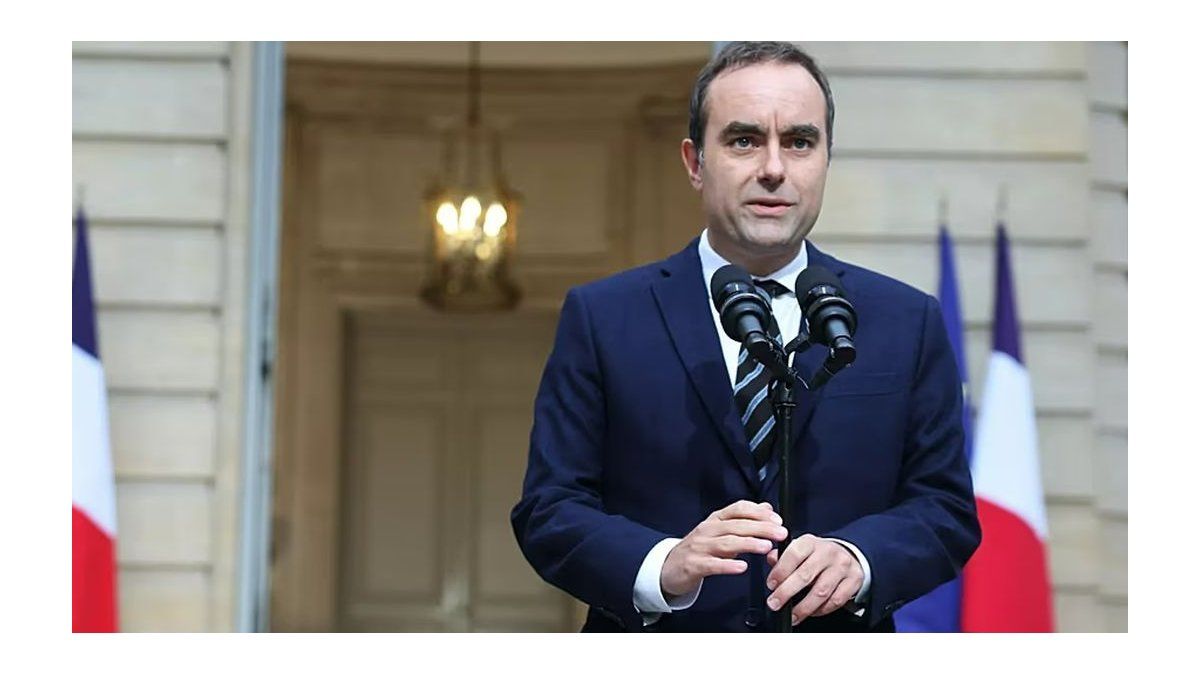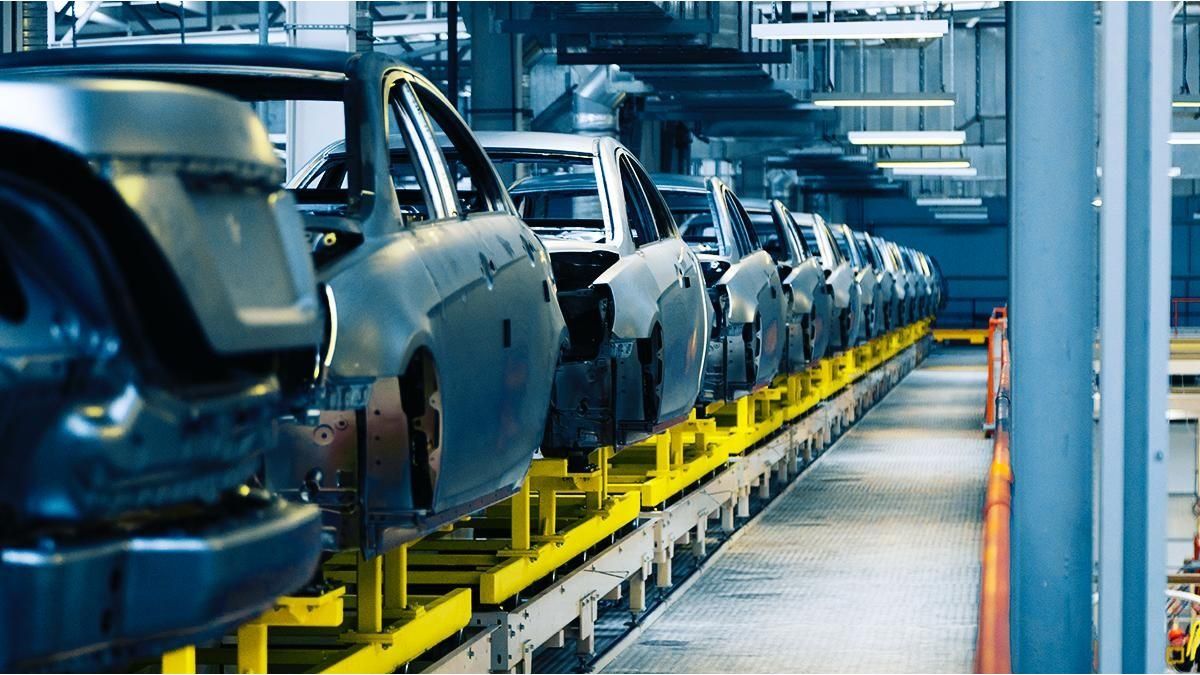Those who speak, in records from various years, are precisely his almost lifelong friends Luis Felipe Noé, plastic artist, and Tato Pavlovsky, who was a man of the theater, psychiatrist and boxer. With them he exchanges experiences. The excuse, the first theme released is the creative act, which is confessed as a creative chaos that one finds and handles until it takes shape. Solanas was an old acquaintance of Cannes, his first documentary, “The hour of the ovens” -prohibited in Argentina- was presented at the French festival in 1969; in 1988 he won Best Director of the contest for “Sur” and in 1992 he competed for the Palme d’Or with “El viaje”.
other festivals
The International Festival of Women and Cinema ended yesterday. Also, the one for Independent Cinema, from Cosquín, and the one for Cinema of the End of the World, from Ushuaia. Until the 19th, at Cinepolis Recoleta and other venues, the LatinArab, developed almost simultaneously with Santiago de Chile and Niteroi. On the 26th the 11th International Political Film Festival begins. And tonight, at the 25 de Mayo movie theater, the Ukrainian “Bad Roads”, by Natalya, opens the 9th Construir Cine, a festival specializing in labor and sustainable development issues.
In this edition, 90 titles from 26 countries participate, which can be seen for free in six theaters in Capital, Vicente López and Rosario, and on five platforms, including the public (and easily accessible) Contar. To be noted, among other titles, “Arest” (Andrei Cohn, Romania, hardships of an architect under the communist regime), “And outside life goes on”, and outside life goes on (Daniel Maurer, Switzerland, daily experiences in five hospitals public), “Zaho Zay” (Tiller & Maeva R., Madagascar, a prison guard waiting to meet her father, a criminal on the run), “Land of Women” (Marion Gaborit, France, farmers from various countries), “El taxi de Jack” (Susana Nobre, Portugal), “The employee and the boss” (Nieto Zas, Uruguay), “The price of justice” (Ivan Abreu, Hong Kong), “Adriana’s pact” (Lissete Orozco, Chile) , “The good will come” (Ullma Queiroz, Brazil) the Argentineans “El desarmadero” (Eduardo Pinto), “I was Alan for a year” (Darío Arcella), “Silence on the riverbank” (Igor Galuk). Also, videominutes, short films, the Danish documentary series “Why Plastic?”, etc. Separate line, three national classics from the ’30s in new copy: “Puente Alsina”, by Agustín Ferreira, “Prisioneros de the land”, by Mario Soffici, and the comedy “Mujeres que trabajo”, by Manuel Romero, with Niní Marshall, Mecha Ortiz and a great cast, mostly female.
Source: Ambito
David William is a talented author who has made a name for himself in the world of writing. He is a professional author who writes on a wide range of topics, from general interest to opinion news. David is currently working as a writer at 24 hours worlds where he brings his unique perspective and in-depth research to his articles, making them both informative and engaging.




